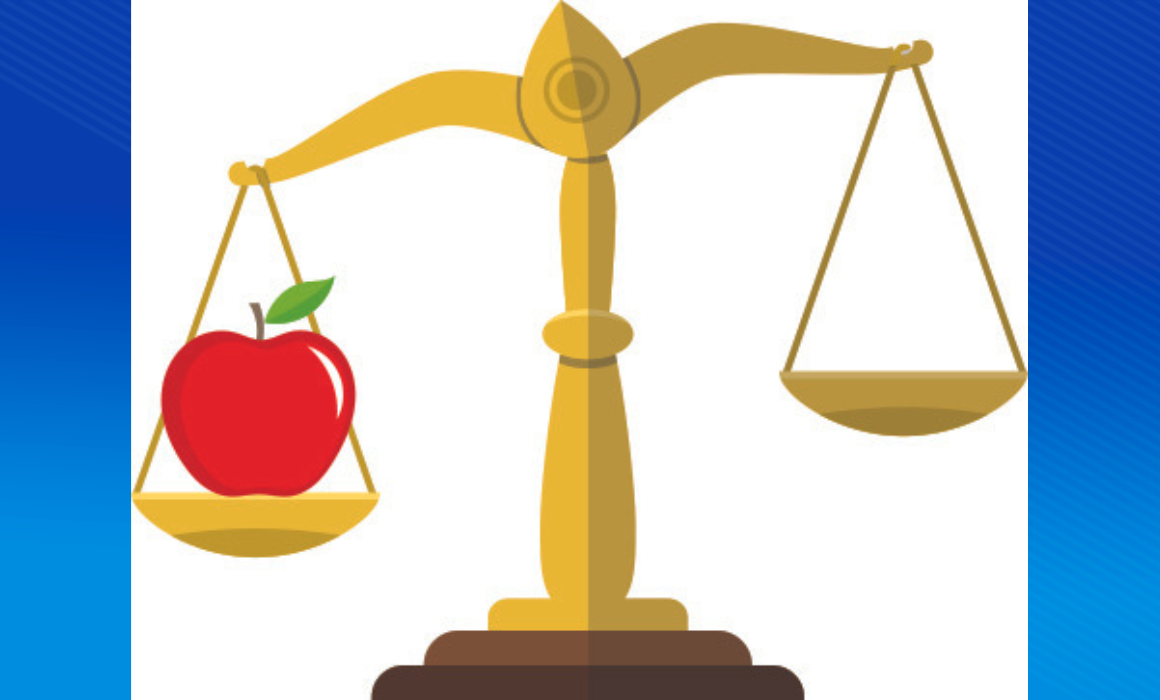
What are Weingarten rights?
One of a union representative’s most important duties is guarding against employer intimidation, particularly during disciplinary investigations, where the employer may attempt to coerce employees into making incriminating statements against themselves or their colleagues. For union-represented employees, one backstop against coercive investigatory interviews is Weingarten rights.
Named for a United States Supreme Court case, NLRB v. J. Weingarten, Inc., 420 U.S. 251 (1975), Weingarten rights have been extended to public employees under California’s labor relations statutes. Simply put, an employee has a right to request a union representative in an investigatory interview when the employee has a reasonable basis to believe that discipline may result from the meeting. The right to a union representative applies to investigatory questioning that is written as well as oral. Weingarten rights must be asserted by the employee — the employer has no obligation to notify employees of these rights, and employees may choose to represent themselves if they wish. Keep in mind that Weingarten rights only apply to investigatory meetings that might result in discipline of the employee. They do not apply to other types of meetings with the employer, such as a meeting where an employer is merely notifying the employee of a disciplinary decision that the employer already made.
Once the right is asserted, an employee is not entitled to their union representative of choice. The employer may proceed with the investigatory questioning as long as another union representative is available at the meeting time. But if an employee’s preferred union representative is available, the employer may not insist upon a different representative.
Additionally, the union representative has the right to sufficient information about the nature of the employee’s alleged wrongdoing before an investigatory interview takes place in order to allow for meaningful representation.
The union representative plays an important role as a witness and advisor in connection with the investigatory interview. While the union representative cannot interfere with the employer’s civil questioning of an employee, the union representative can ask clarifying questions, take notes, assist the employee in providing additional information, and provide moral support.
Are employees’ communications with their union reps confidential?
A union representative often will privately “caucus” with an employee before or even during an investigatory interview. An employee might wonder if these private representational conversations are truly confidential or whether an employer can pry into them.
Fortunately, they are confidential. Federal courts, the National Labor Relations Board (NLRB), and the California Public Employment Relations Board (PERB) have long recognized the strong privacy interests in communications between union representatives and union members. Accordingly, they have found that employers who seek disclosure of the substance of conversations between employees and their union representatives “manifestly restrain employees in their willingness to candidly discuss” employment matters with their union, inhibit the union from gathering necessary information from employees, and “cast a chilling effect” over all employees and union representatives who seek to candidly discuss employment matters.
Richa Amar is a CTA Staff Attorney.
Victory for Victor Valley Teachers Association!
 In 2020, a school district attorney deposed Katrina Hanson, then president of the Victor Valley Teachers Association (VVTA), as part of a statutory dismissal proceeding against another VVTA member. The attorney questioned Hanson for more than four hours. Over my vigorous objections, the lawyer interrogated the president about her confidential union communications with the member subject to dismissal, other members, and other VVTA representatives regarding VVTA’s representation of the member.
In 2020, a school district attorney deposed Katrina Hanson, then president of the Victor Valley Teachers Association (VVTA), as part of a statutory dismissal proceeding against another VVTA member. The attorney questioned Hanson for more than four hours. Over my vigorous objections, the lawyer interrogated the president about her confidential union communications with the member subject to dismissal, other members, and other VVTA representatives regarding VVTA’s representation of the member.
VVTA filed an unfair practice charge with PERB. Following an evidentiary hearing and briefing by the parties, the judge ruled in VVTA’s favor in a proposed decision that closely followed our arguments and found that the district’s intrusive questioning of the VVTA president violated California labor law. The district then challenged the judge’s decision with the full PERB Board.
VVTA achieved a complete victory. In 2022, in a unanimous published decision by a three-member panel, PERB denied the district’s challenge. Importantly, PERB also adopted our proposed legal framework for analyzing whether an employer’s deposition questions unlawfully interfere with protected rights under California’s labor relations statutes. Applying that framework, PERB held that the district’s deposition questioning of Hanson was unlawful because the district’s interest in the information was outweighed by VVTA’s and unit members’ strong confidentiality interests in those union communications.
PERB’s remedies included a cease-and-desist order, a notice posting, and four hours of attorneys’ fees to be paid by the district to the union for time we spent defending the VVTA president’s deposition. Although the district appealed PERB’s decision to the California Court of Appeal, it recently withdrew its appeal petition, which means that PERB’s decision is now final. The decision is an important legal precedent for public sector unions and employees that reaffirms the privacy of union communications and protects against their disclosure in litigation by an employer.
All union members should invoke their Weingarten rights when facing an investigatory interview and rest assured that their private conversations with their union representative are confidential. —Richa Amar
Hello there, I am a private security officer and was a union member. There was an alleged theft at my work place, and I was interdicted and arranged for a hearing. The union never met with me till the meeting and afterwards till my appointment was terminated with a backdated termination letter. Could they have represent me fairly and without meeting me?.
Thank you.